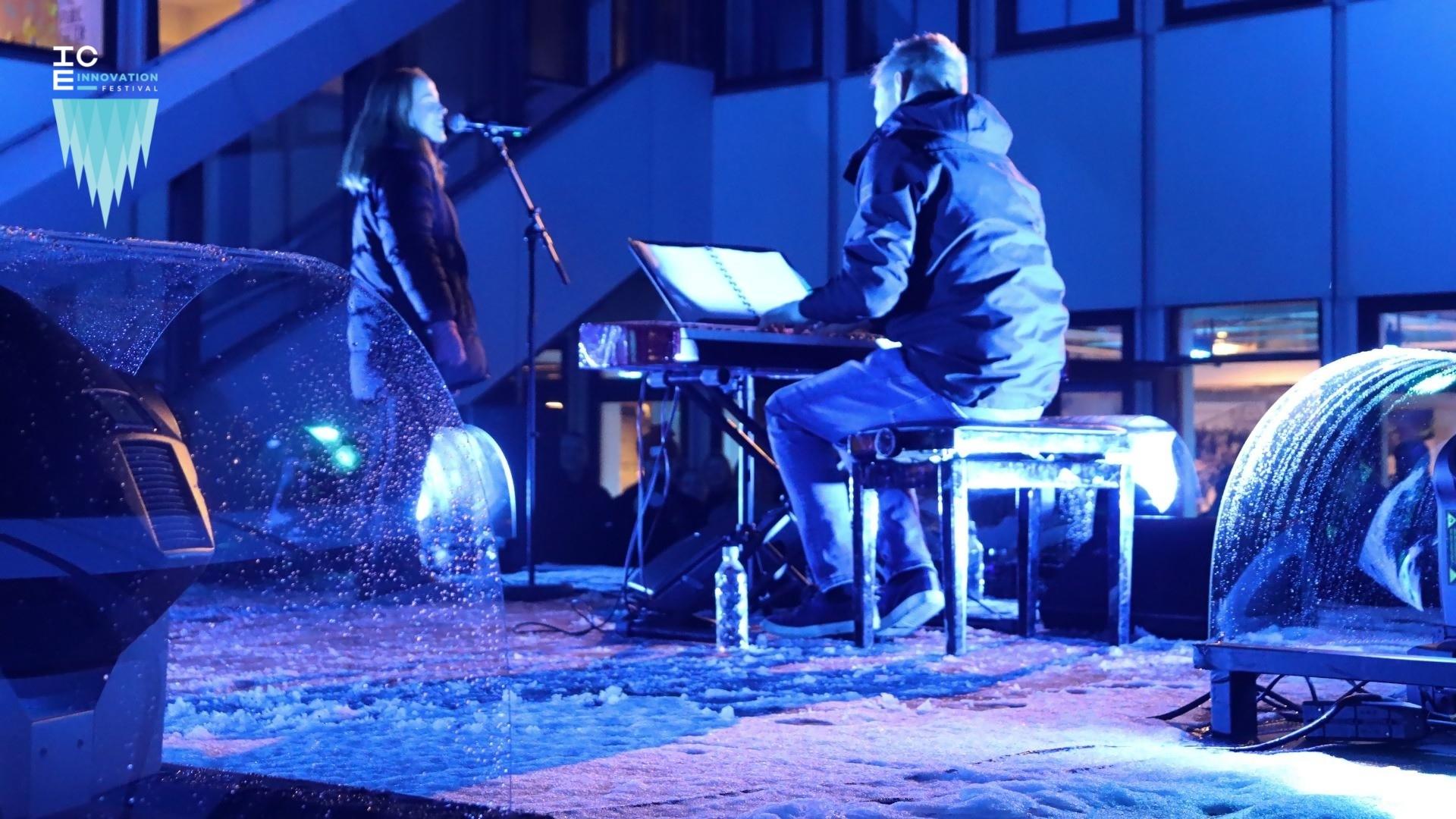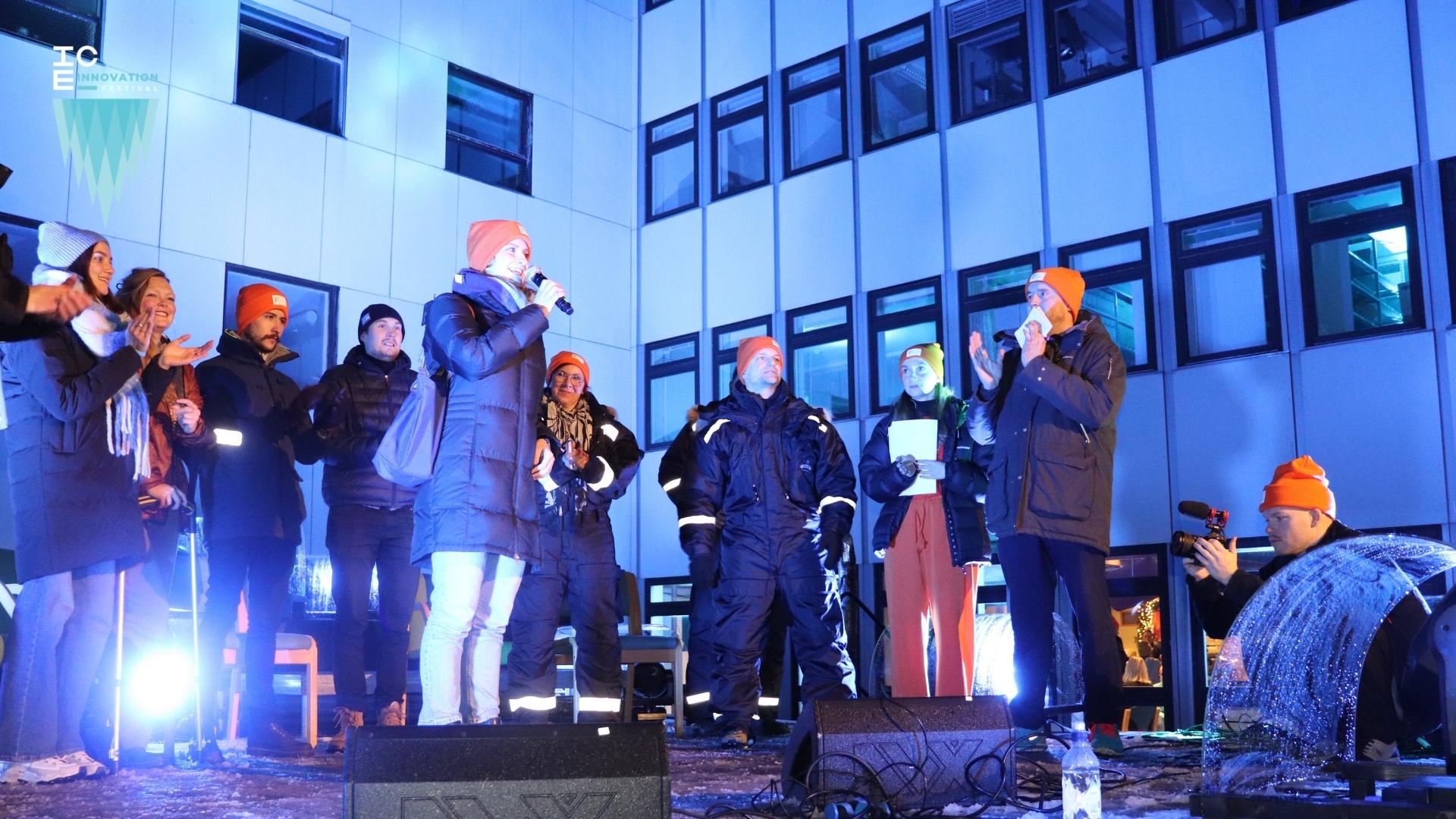The latest edition of the innovation hub ICE Innovation Festival held in Norway, in November, focused on specific actions to intensify cooperation between Arctic actors and universalise solutions beyond the region.
Spotted by: Felippe Constancio
Innovation hubs around the Arctic are valuable opportunities for regional cooperation and collaboration. In its latest edition held in the Norwegian city of Kirkenes, in November, the ICE Innovation Festival 2022 knew how to firm its name in the scene and reinforce the Arctic Valley’s maturity with a clear and original purpose.
More than inserting its concept into the current Arctic hubs’ state-of-the-art, the ICE Innovation Festival has chances to narrow the gap between public policy and the private sector globally.

ICE Innovation Festival’s concept
Innovation hubs are meant to boost solutions for local issues and promote networks for regional challenges faced by local communities. The ICE Innovation Festival in the Norwegian city of Kirkenes turned out to be a robust hub of solutions with the potential to spread beyond the Arctic.
Such an achievement underlined ICE Festival’s position right in the frontline of innovation labs in the region – and this is good news for everybody.
“ICE Innovation festival 2022 went well, and people made meaningful B2B connections. We had more than 300 guests and 35 speakers”, summarises the project manager, Maja Kruuse.
“We are bringing together the right people and building the ICE Community to support the ArcTech cluster in Kirkenes. We have many partner organisations, and we will continue building projects to support our region’s economic growth”.

Narrowing gaps and universalising solutions
There is something about the Arctic’s innovation hub frameworks. This is because the region’s complexities lead to a big question for the hub industry: Is it more beneficial to have similar innovation hub structures in every country around the area or to have connected innovation hubs that strengthen local cooperation?
ICE Festival’s answer to the question is to find specific actions to intensify cooperation between Arctic actors and universalise them. In terms of specification, the event agenda has aimed at ArcTechs within the energy, food tech, logistics, and maritime industries to tackle the Arctic’s and the world’s problems.
“The challenges that the region faces are similar to other rural areas – but we have different capabilities for creating, testing, and exporting the solutions”, Kruuse explains.
Following this concept, therefore, the ICE Festival reinforces the Arctic Valley’s maturity to narrow the gap between public policy and the private sector globally. The innovation hub distributes knowledge to encourage the exchange and creation of ideas while producing value for the global business network. Such a value is its special expertise with international appeal.
“In 2020, we arranged two digital innovation festivals: ICE – Hack the crisis and ICE Global. We also did the ICE Hybrid Release party, ICE Brain Booster, and ICE Creative youth in 2021 and 2022, so we have year-round activities to follow up our ICE Community”, she comments about fostering the expertise around the Arctic and other regions.
“ICE Innovation Festival is the grand finale of the year. Bigger and louder than any ICE event ever done before”.

